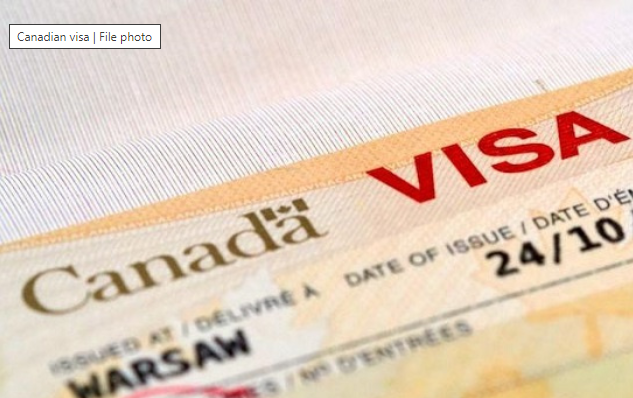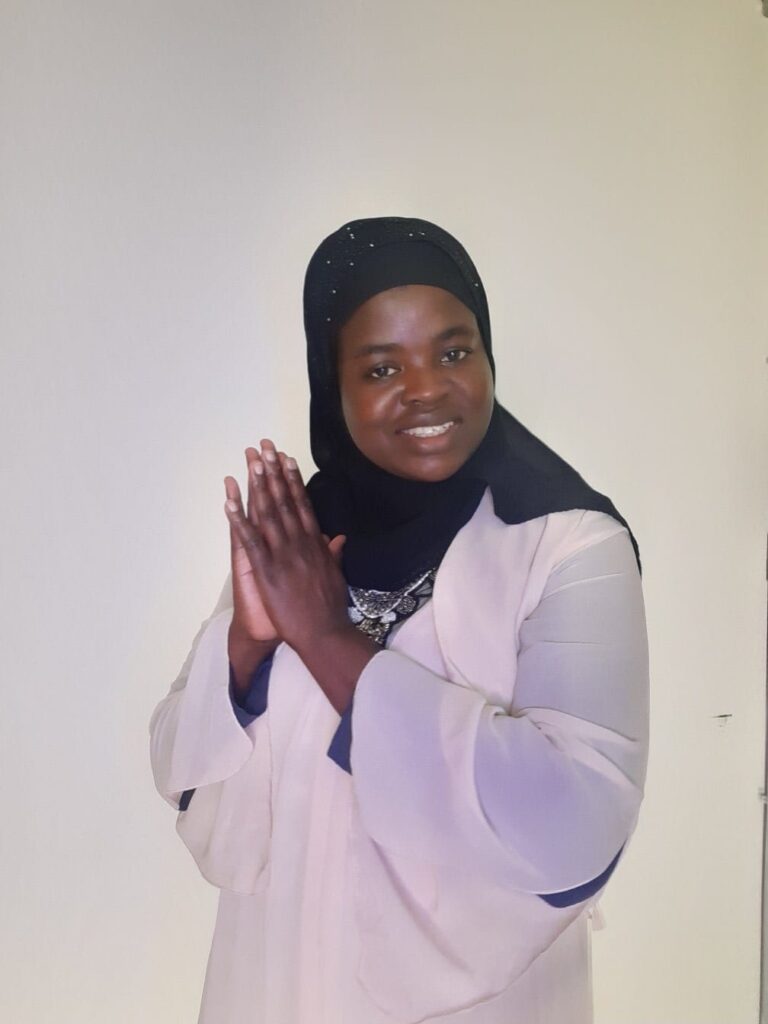Top Reasons why Canadian Study Permit Applications get Rejected

Canada is one of the most popular destinations for international students due to its world-class education system, safety, and opportunities after graduation. But despite receiving an offer from a Canadian institution, many applicants — especially from African countries like Ghana and Nigeria — often face study permit rejections.
Understanding why study permits get denied can help you avoid common mistakes and increase your chances of success. Here are the top reasons Canadian study permits are rejected:
1. Lack of Sufficient Proof of Funds
One of the main requirements for a Canadian study permit is showing that you can financially support yourself during your studies.
What IRCC Expects:
-
Tuition for one year
-
Living expenses (at least CAD $10,000 per year)
-
Return airfare
Common Mistakes:
-
Bank statements that don’t match the required amount
-
Sudden large deposits without explanation
-
Using another person’s account with no legal sponsorship letter
Tip:
Use a clear bank statement from a reliable financial institution and include a sponsor letter if someone is supporting you (e.g., a parent).
2. Unclear or Weak Study Plan (SOP)
Your Statement of Purpose (SOP) or study plan tells the visa officer why you chose Canada, your course, and how it fits into your career goals.
What Goes Wrong:
-
Vague career plans or lack of direction
-
Choosing a course unrelated to your past education or experience
-
Poorly written or copied SOPs
Tip:
Write a personalized, logical study plan that connects your past, present, and future clearly. Explain why Canada is your best option over other countries.
3. Questionable Intent to Return Home
Canada wants to ensure you’ll return to your home country after studying — unless you later qualify for permanent residency legally.
What Raises Red Flags:
-
Saying you plan to stay permanently (even if it’s true)
-
No strong ties to your home country (family, property, job)
-
Poor explanation of how the course benefits your career in your country
Tip:
Show strong home ties and explain how your course will help you build a career in your home country after graduation.
4. Inconsistent or Incomplete Documentation
The IRCC expects your documents to be clear, complete, and consistent.
Common Issues:
-
Missing documents (admission letter, passport pages, financial proof)
-
Information in your SOP doesn’t match your documents
-
Fake or altered documents
Tip:
Double-check your documents and ensure they match what you’ve written in your application. Use a checklist before submission.
5. Doubtful Choice of Program or School
Visa officers want to know that your study plan makes sense academically and professionally.
What Doesn’t Work:
-
Applying for a lower-level course after completing a higher degree
-
Choosing a random course not related to your background
-
Enrolling in a school not listed as a Designated Learning Institution (DLI)
Tip:
Make sure your program is relevant to your academic or career path and that your school is a registered DLI in Canada.
6. Poor Academic History
Even if you’ve been accepted into a Canadian school, a poor academic record may cause a visa denial.
Common Triggers:
-
Low grades or failed subjects
-
Long academic gaps with no valid explanation
Tip:
If you have an academic gap, explain it clearly. Include work experience, courses, or family matters that justify the gap.
7. Insufficient English or French Proficiency
Canada requires you to understand the language of instruction. Even if the school accepts you, IRCC might still question your ability to succeed.
Mistakes:
-
No English test results (especially for SDS stream)
-
Poor IELTS or TOEFL scores
Tip:
Submit a valid English language test (e.g., IELTS Academic with at least 6.0 overall for SDS) even if your school waived it.
8. Using the Wrong Visa Stream
Canada offers multiple visa application streams. Choosing the wrong one or failing to meet a stream’s requirements can result in rejection.
Example:
-
Applying under the Student Direct Stream (SDS) without proper IELTS or GIC proof
-
Using a paper application when online is required
Tip:
Understand which stream you qualify for (e.g., SDS, regular study permit) and follow the specific requirements.
Final Thoughts
Study permit rejections are disappointing — but they’re often preventable. By understanding why applications fail, you can strengthen yours and improve your approval chances.
Key Takeaways:
-
Show genuine purpose, funds, and home ties
-
Explain your program choice and future goals clearly
-
Avoid shortcuts and inconsistencies in documents
Source: Thepressradio.com





